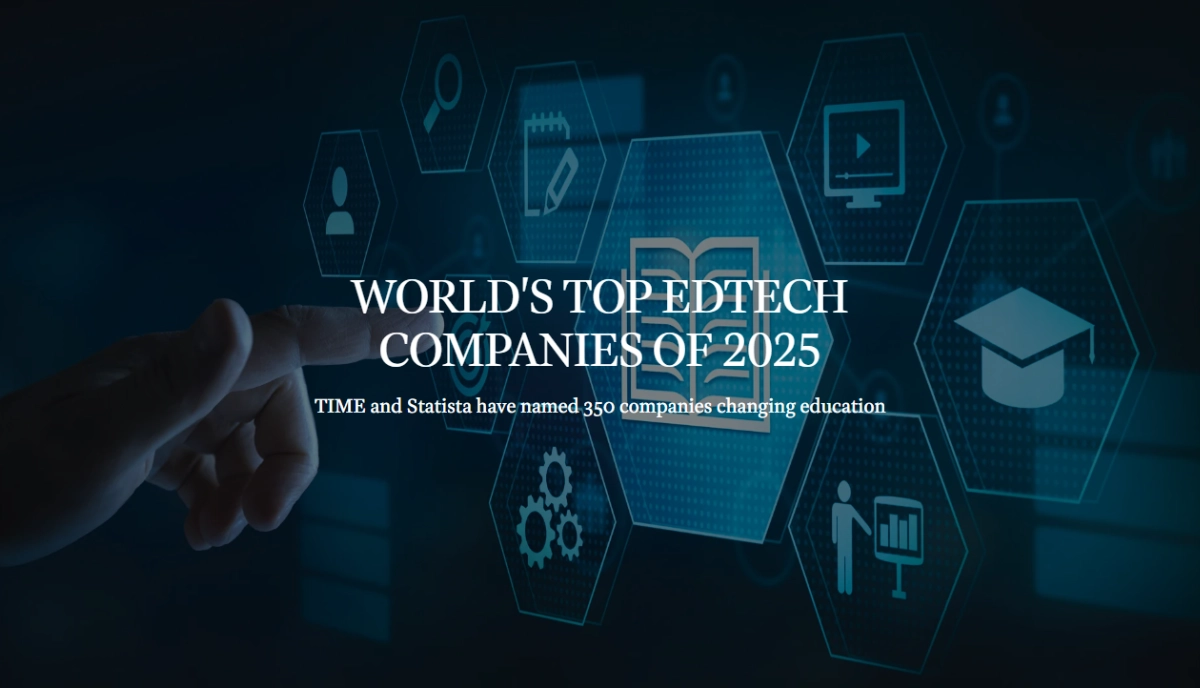The data protection day, which took place last January 28 and is celebrated every year at this time, at the instigation of the Council of Europe with the support of the European Commission and the Data Protection Authorities, has stimulated a number of initiatives, both in Italy and in Europe, converging on the goal of focusing attention on the value of data and how important it is to protect it in the proper way.
Among these, it is worth highlighting, in Italy, the conference organized last January 29 at the Chamber of Deputies by the Garante della Privacy entitled The challenges of the I.A.-Data protection in the era of change which was attended by distinguished personalities from the institutional world: the President of the Garante, Pasquale Stanzione, Ministers Marina Calderone, Guido Crosetto, Orazio Schillaci, the Directors of ACN, Bruno Frattasi and AGID, Mario Nobile and many others.
For the Guarantor, the increasing adoption of artificial intelligence-based technologies brings unprecedented challenges in terms of protecting personal data.
“Believing it to be neutral, the algorithm is entrusted with progressively more important choices, expecting predictability and infallibility but often underestimating its transformative power and its ability to crystallize, at times, the biases of those who design it. It is essential,” Pasquale Stanzione added, “to adopt a proactive approach by institutions and legislators to ensure that citizens’ rights are always protected.”
For the Director General of ACN, Bruno Frattasi, “the underlying theme is that of the conflict between the technique, which evolves and tends to develop according to its own rules, and its objective regulation, which runs the risk of perpetually arriving late, as if by some sort of paradox. This conflict,” Frattasi explained, “is answered in the European Regulation, which has provided for each individual member state to create regulatory sandboxes, that is, controlled spaces for regulatory experimentation, which also provide for the involvement of national Data Protection Authorities. And this applies to AI as it does to all other emerging technologies.” For the director, the strategy to follow is to “make spaces for regulatory experimentation and apply them to all areas touched by innovative technological aspects.”
The conference dissected cybersecurity issues starting with the latest data released by Clusit at the end of the year, which saw overall cyber crime growth of 79 percent globally in 2023 and foreshadowed 2025 as a year of major cybersecurity challenges, given attackers’ reliance on increasingly refined next-generation technologies capable of knocking out entire organizations’ supply chains.
Also of note, the results of a research, released just in these days, carried out by Europ Assistance Italia in collaboration with Lexis Research on the perception of cyber risks and cybersecurity practices that involved both consumers and small and medium-sized businesses, from which emerged a growing concern about cyber crimes, but also a general insufficiency of the measures taken to protect themselves.
According to the study, 41 percent of Italians feel exposed to cyber risks, with particular apprehension about the online safety of children (48 percent) and elderly family members (45 percent).
The most feared threat is identity theft, reported by 56% of respondents, peaking at 68% in the 25-34 age group. This is followed by fear of cybercrime (55 percent) and breaches related to digital payments: 60 percent fear for their bank accounts, 55 percent for their credit cards, and 56 percent for accounts such as Amazon or PayPal.
While 62 percent of respondents say they are aware of tools to protect their digital identity, adoption of advanced solutions remains limited. For example, only 21 percent use anti-ransomware on their PCs, while antivirus and anti-malware are more prevalent for computers (79 percent) and smartphones (51 percent).
The world of small and medium-sized enterprises (SMEs) also experiences many security concerns. Thirty-eight percent of business owners and security managers consider the risk of cyber attacks to be high, up 8 percent from 2023. The greatest concern is about cybercrime (50 percent), identity theft (49 percent) and ransomware attacks (46 percent).
Data on online payments show significant critical issues: 58 percent fear the theft of corporate credit card information, while 57 percent fear the breach of bank accounts and corporate accounts. In addition, the spread of remote work is perceived as an additional risk factor by 60 percent of the sample.
These data are further confirmation of how widespread the awareness of the seriousness of the situation on the cybersecurity front is now, and how necessary it is to rise to the challenge ahead, starting with the individual user who, with his or her vulnerabilities and distractions, still remains the weak link in the chain through which criminals manage to penetrate the defensive lines of companies and organizations.
Central, then, will be for the years to come to invest in the human factor, which otherwise risks being swallowed up by technology.
A concept strongly emphasized during the Guarantor’s Conference by the Minister of Labor and Social Policy, Marina Calderone.
“Artificial intelligence is not the beginning of the end,” the minister said. “It can be a support. We need to use it without letting it use us. Fundamental will be investment in training, also with a view to eventual repositioning of workers.”
Quality training, then, the kind that is personalized and based on continuous training, remains the key tool for protecting our data and stemming the ever-increasing risk of suffering attacks that can bring our private lives, our work environment and even the nerve centers of our country to its knees.








